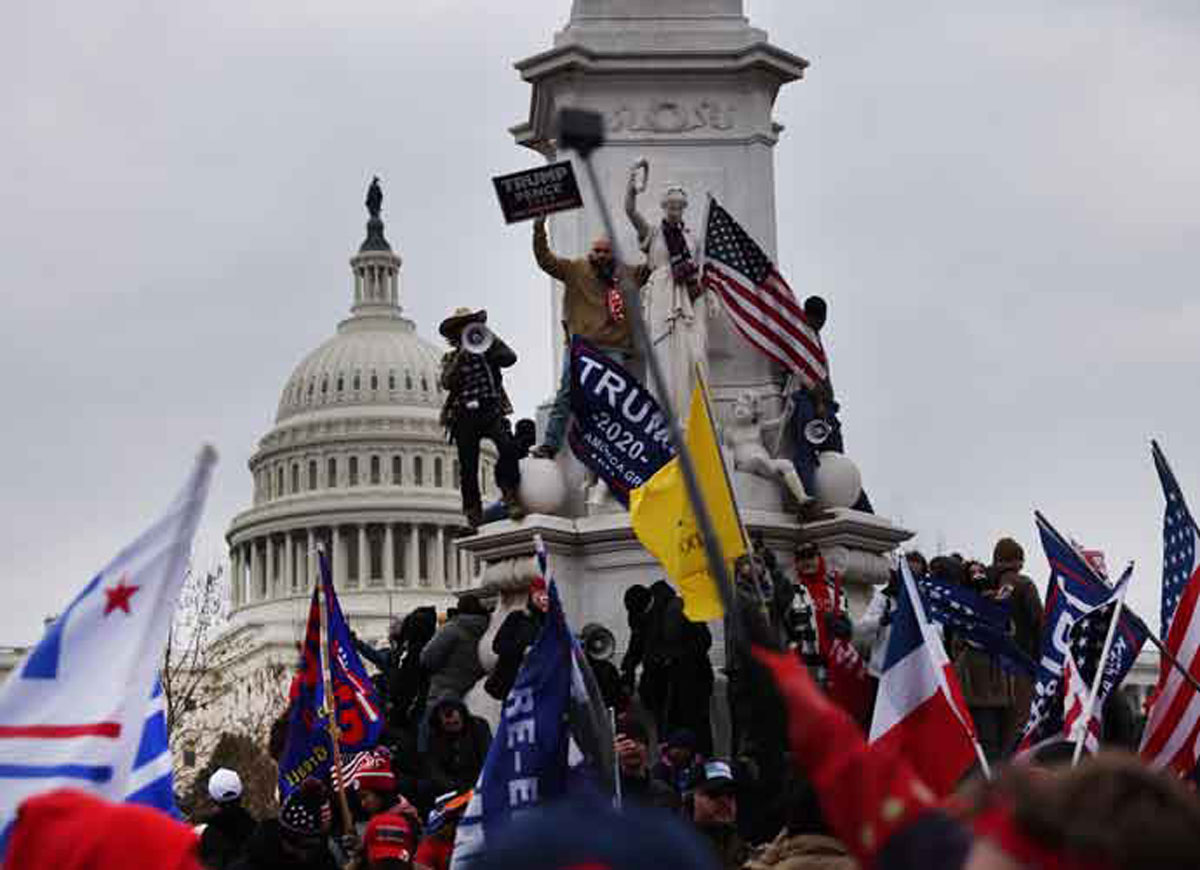Idris Elba Cried When He Learned Of Nelson Mandela’s Death [EXCLUSIVE VIDEO]
Idris Elba was in London at the Odeon Auditorium in Leicester Square at the Royal premiere of his new film Mandela: Long Walk to Freedom when he learned that the man he portrayed in the movie, Nelson Mandela, had died.
“It was very surreal. I was next to the Duchess [Kate Middleton] and Prince William; it was a royal premiere. There was suddenly a buzz within the auditorium. I’m not sure what was going on and then I saw some phones being passed around and Prince William had his phone and he looked at the message and I could see his face had taken a bad hit and I was wondering what was going on and then someone passed me a phone and then the news broke,” Elba told Uinterview exclusively.
“I burst into tears immediately and was so emotional and then we made the decision to go onto the stage after the film while the credits were rolling to make an official announcement to the audience,” Elba continued. “It felt like the right thing to do, but of course as I stood up and stood out, the audience wanted to clap for me but we had to hush them down and explain to them what had happened.”
How Elba Prepared To Play Nelson Mandela
Elba, 41, prepped for the role of Mandela by traveling to South Africa and trying to learn as much as possible about the history of the nation and its relationship with their leader. Elba also tried to copy Mandela’s mannerisms and pattern of speech as closely as he could.
“I spent a lot of time watching and listening to footage of Nelson in various stages of his life, although there wasn’t that much in terms of footage on his younger life, but I read quite a bit and understood what that journey was,” Elba told Uinterview. “I did extensive work as well with the voice because I don’t look like Nelson Mandela, which is a challenge for the audience, but I spent time making sure that the voice was as close to his as possible to give that sweet spot for the audience.”
Idris Elba Surprised By Nelson Mandela’s Past
Though Elba followed Mandela’s career as a kid, he was surprised at many of the stories he learned about the former South African president during his research. “You know a lot of people sort of know that he was an activist, went to jail and came back and became president, but not many people know what happened in prison,” Elba told Uinterview. “And it was one of the most, I think, for Mandela believe it or not, the most liberating part of his life was being in prison and sort of reinventing himself, educating himself, reeducating himself and sort of building his patience and forgiveness for then to come out and become one of the most recognizable and significant world leaders the human race has seen.”
–Matt Castello
RELATED ARTICLES
Get the most-revealing celebrity conversations with the uInterview podcast!



![Idris Elba Cried When He Learned Of Nelson Mandela’s Death [EXCLUSIVE VIDEO]](https://cdn-o9.uinterview.com/wp-content/uploads/cms/uinterview/news/28aa92736f7ceaf51537ad9db3da60ef.jpg)




Leave a comment